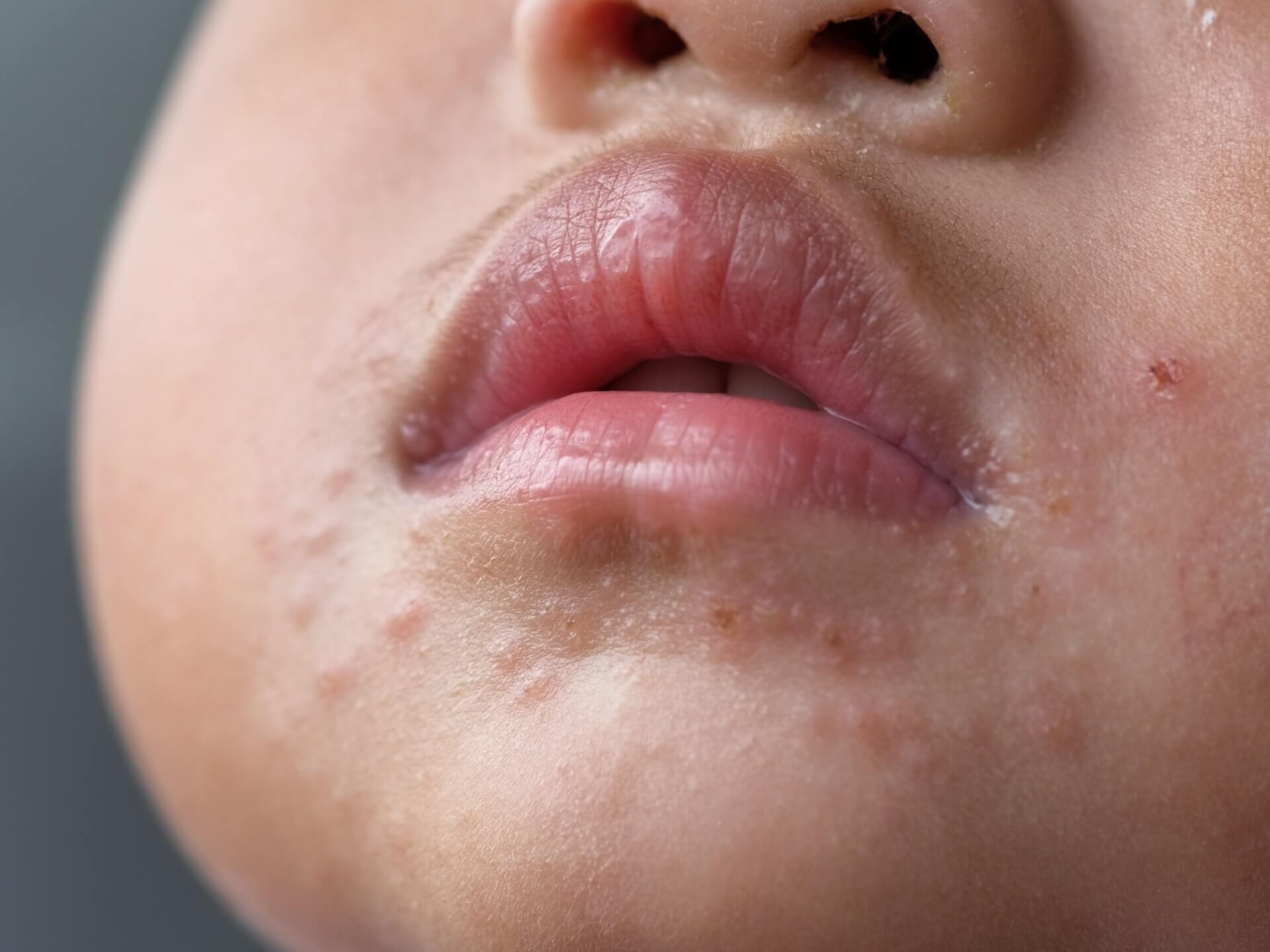Around 70 cases of hand, foot, and mouth disease have recently been recorded from several childcare centres in the Top End region, and health authorities are advising parents to take precautions to protect their children from getting infected from the virus.
NT Health Centre for Disease Control, Infectious Diseases and General Medicine Doctor Kate Proudmore said the disease is spread by direct contact with fluid from the blisters, nose, and throat secretions from an infected person such as saliva, sputum or mucus, droplets from sneezing or coughing and faeces.
It can affect all age groups, including adults, but is most common in children under the age of 10 years.
Dr Proudmore said it is a common viral illness which causes small, blister-like lesions on the inside of the mouth, sides of the tongue, hands, and feet.
She said blisters remain infectious only if they contain fluid, but faeces can remain infectious for several weeks.
She added that symptoms generally develop three to five days after exposure and it may include fatigue, loss of energy, poor appetite, a mild fever and a sore throat and mouth.
Dr Proudmore said blisters and sores in the mouth can make eating and swallowing painful, and babies may feed poorly, and children may not want to eat or drink.
“To prevent dehydration, offer children frequent sips of fluids. Children who refuse fluids, have a severe headache or are not improving, should see a doctor,” she said.
Dr Proudmore said in very rare cases, complications of hand, foot and mouth disease can occur, including meningitis, encephalitis, or paralysis. She added that the disease has very rarely been fatal.
If an infected person complains of severe headache, stiff neck or weakness, or their fever persists and they are not getting better, Dr Proudmore says they should seek medical advice from a doctor immediately.
There is no specific treatment and, for most people, paracetamol to relieve discomfort and fever, extra fluids and rest is all that is required.
“There is no vaccine for hand, foot, and mouth disease. The body will develop an immunity to the virus after you have been exposed but, unfortunately, many viruses can cause hand foot and mouth so you may get it again,” Dr Proudmore said.
“It is important to allow blisters to dry naturally. Do not pierce blisters, as the fluid within them is infectious.”
Hand foot and mouth disease only affects humans and is not related to the similar sounding ‘foot and mouth’ disease that affects animals.
NT Health Centre for Disease Control, Infectious Diseases advises the following measures to reduce the risk and spread of infection:
- Cover the mouth when sneezing and coughing
- Wash your hands often with soap and water for at least 20 seconds. If soap and water are not available, use an alcohol-based hand sanitizer
- Help children wash their hands. Teach them how to wash their hands and make sure they wash them often
- Wash toys contaminated with saliva
- Clean and disinfect all touched surfaces and shared items regularly and don’t forget to clean toys and doorknobs
All infected people should stay at home until the blisters have dried up.





0 Comments